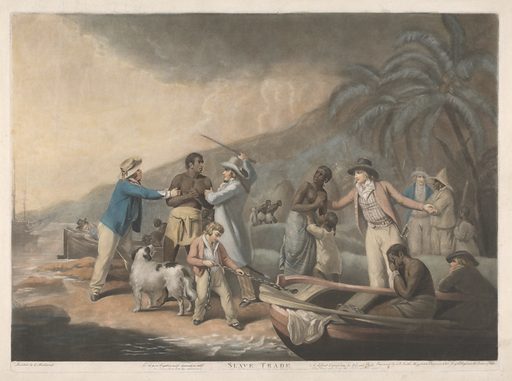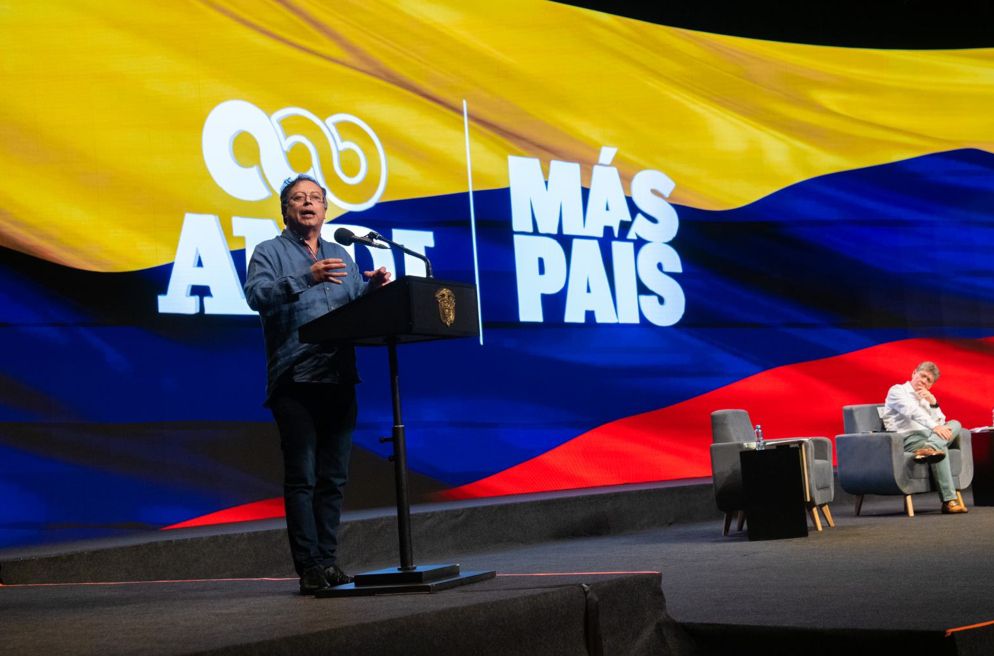In this week’s episode of Can You Hear Us?, Monica and Ragini are joined by development economist and award winning author Shrayana Bhattacharya, author of Desperately Seeking Shah Rukh : India’s Lonely Young Women and the Search for Intimacy and Independence.
After completing her training from Delhi University and the Harvard Kennedy School, Shrayana worked on research projects with the Institute of Social Studies Trust, SEWA and Centre for Policy Research. At present, she is a Senior Economist at the World Bank.
In 2021, she published her first non-fiction book called Desperately Seeking Shah Rukh : India’s Lonely Young Women and the Search for Intimacy and Independence. She uses the iconography of India’s biggest movie star, Shah Rukh Khan, to understand the lives of the women who love and adore him, and ultimately aspire to be him. Our team was fascinated by Shrayana’s methodology and began the conversation by diving into her research.
Throughout the 90 plus minute recording, Shrayana shared several anecdotes from her time in the field which left us hanging onto each word as she seamlessly jumped from talking about neoliberal markets to discussing the joys of discussing her favourite Shah Rukh Khan movies! Shrayana talks about careers and heartbreaks in the same breath, as she emphasises how being a woman in different aspects of our lives comes to inform our personhood—and, in many ways, an asset within understanding the gender disparity in purchasing power, decision-making, and market participation, regardless of generation or class.
Ultimately, the power of storytelling is highlighted through and through. We discuss how it allows people to feel seen, and is critical to addressing cross-cutting issues like gender equality within the development sector. Echoing our introduction on the importance of visibility to combat imposter syndrome, our conversation demonstrated how this is particularly important for BIWOC. Notably, as BIWOC are constantly at risk of being erased from the public sphere, yet represent and are responsible for systems of unpaid labour that allow the formal economy to continue to run within a free market system. While discussing some of our favourite books that helped us feel seen, Shrayana acknowledges that she was motivated by the desire for her book to do the same for other women. We certainly fall in the category of those women!
In her book, Shrayana calls Shah Rukh Khan a female icon as opposed to a feminist icon. Intrigued by the idea, we came up with our own list of global icons and picked Shrayana’s brains about whether they were female or feminist icons. She gave us her opinions on Beyonce, Michelle Obama, Harry Styles, and even Barbie! She also gave us a sneak-peak into her current research on the tyranny of the Indian uncle and decision making hierarchies in India.
Make sure you tune into this episode for ninety minutes of wisdom, knowledge, fun, and frolic! We could not be more excited to end our second season with Shrayana.
Some quotes from the interview:
“Some of these icons can really stir conversation because they are not people, they are prisms, they become concepts” – Shrayana on how Shah Rukh became a part of her methodology as en economist
“Feminism is a way of life, it is a lived practice, it’s a way of conscious of power relations and choices, and how you show up in the world” – Shrayana on Female vs Feminist icons, and how feminism manifests in this definition of feminist icon
“We’re all complex human beings, what is the idea of ‘the best’? Why should we impose this Olympics of status and bestness on anyone?” – Shrayana on the notion of the Great Man and its future I
“We cannot reform the great man, we will retire him” – Shrayana on the notion of the Great man and its future II
The views expressed in this post are those of the author and do not reflect those of the International Development LSE blog or the London School of Economics and Political Science.





